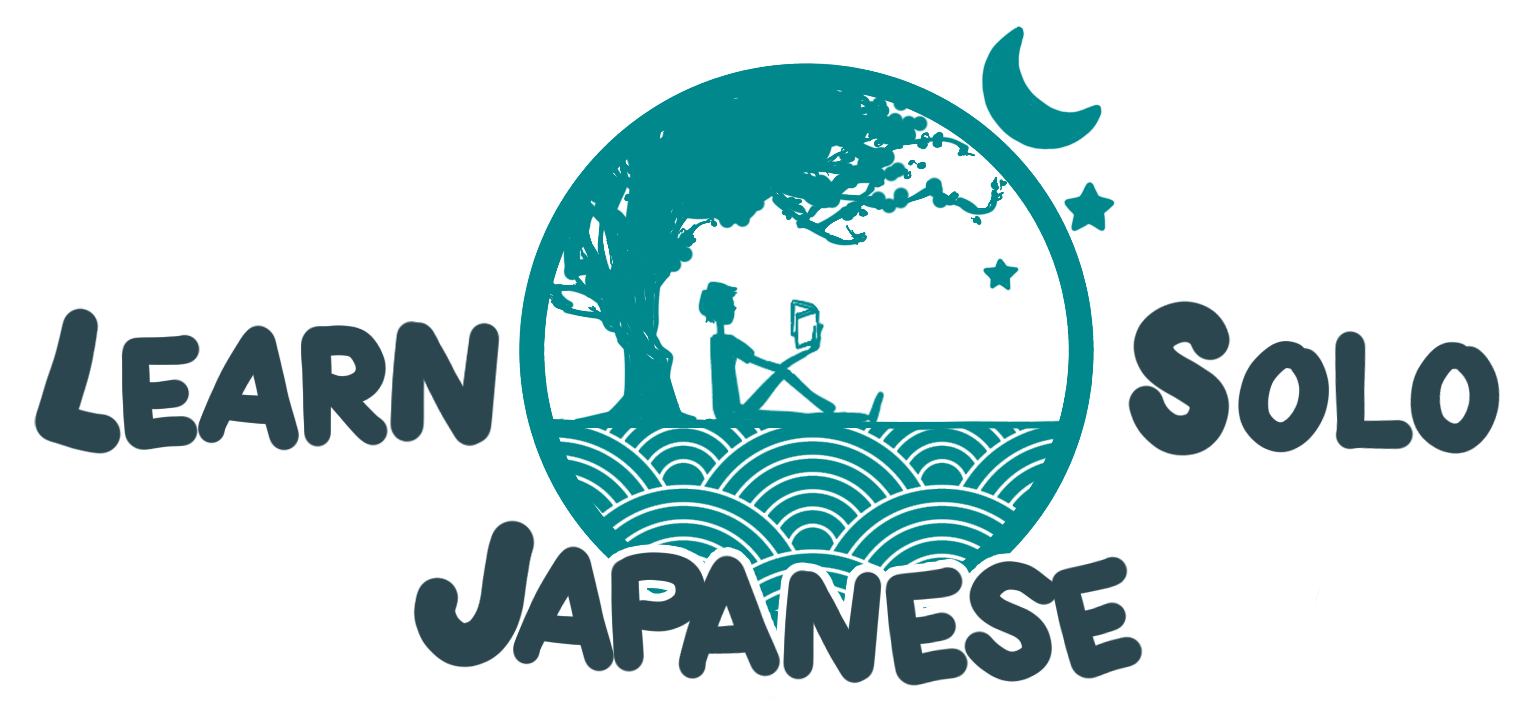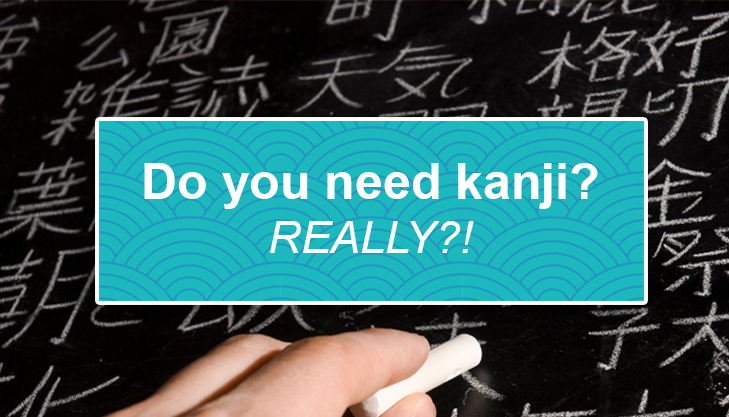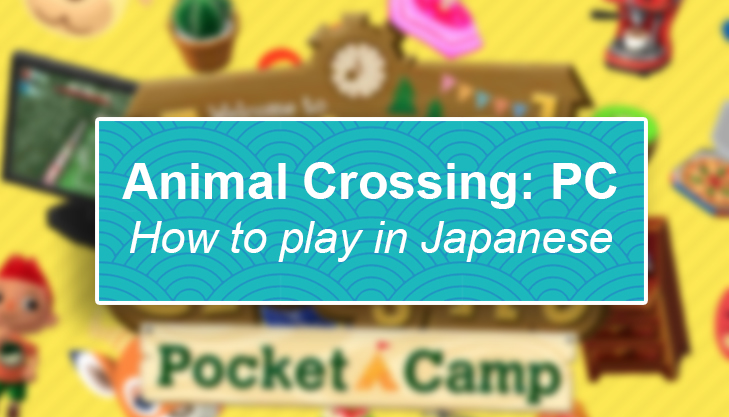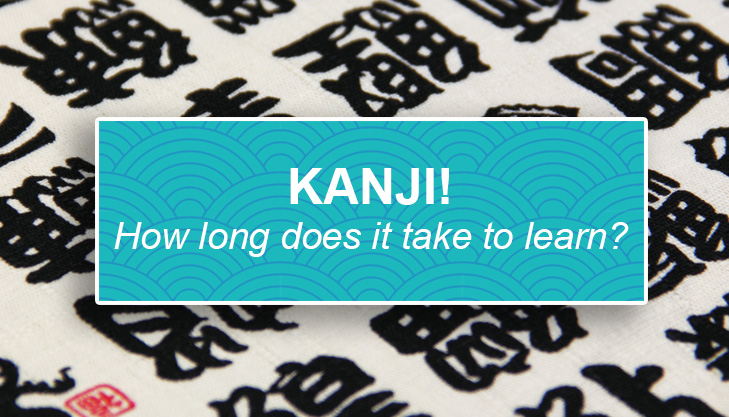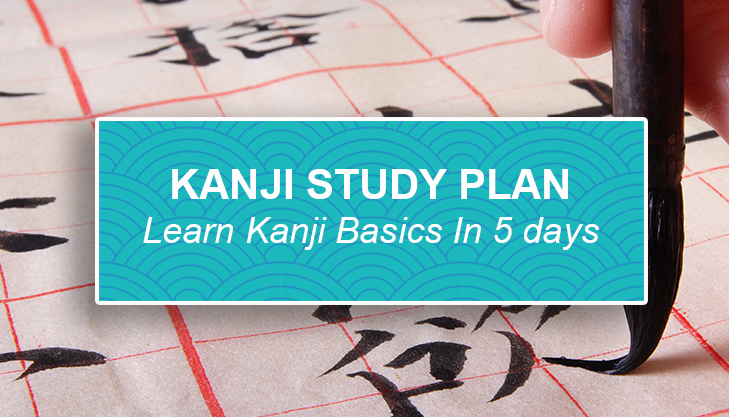A lot of beginners are scared off by the idea of kanji, but do you need to learn kanji to know Japanese? 2 x 46 kana alphabets are hard enough but kanji has more than 2000 characters! So is it necessary and really worth the effort?
Whether you really need to learn kanji or not depends on your goals in Japanese. If your aim is to be able to take holidays, chat with people or watch anime then the time sink is probably not worth it. If you are looking to read manga or live in Japan then you will definitely need to tackle it. Of course there are some grey areas so let’s have a look in more detail!
First let’s take a look at some scenarios that might apply to you and rank them in terms of real world kanji usage.



You are planning a short one off trip to Japan and plan to stick to large cities.
Japan’s large cities are very tourist friendly and most major signs have English language versions. Before I started learning kanji I visited Tokyo several times and hand no problems navigating at all. Many places offer English menus or information. If you can access basic translation software to cover any extra information you need, you’ll be good to go!
Verdict: Maybe learn a few useful ones (train signs, exit/entry, menu items) if you like but focus on spoken language and vocabulary.
You want to listen to Japanese podcasts.
Listening skills don’t require kanji. You might find it easier to acquire all of the vocabulary you need for this if you cross learn them with kanji but that’s a personal choice. To be able to listen to a podcast successfully you will need a wide variety of vocabulary and grammar knowledge as there aren’t the visual cues that usually come in a tv show.
Of course it might be difficult to find or read the descriptions of many great podcasts if you can’t search using kanji!
Verdict: Not required for listening but good for reading descriptions or finding podcasts.
You want to chat to friends.



It was then Katie realised that the amount of kanji she needed was zero.
Making friends is a great way to practice your Japanese. Whether they are native speakers or fellow students, it’s an easy way to get in the habit of using Japanese naturally in real life situations. If you don’t have the kanji skill yet then irl meet ups and Skype calls are your friend!
On the other hand, if you are more interested in texting then things get iffy. Texting using only kana is possible but can take up a lot of space and isn’t really how people talk in Japanese. It’s certainly doable and it’s better than nothing but your friends might have a harder time reading and understanding your messages. Kanji helps to convey context and intent to words that might sound similar in kana. I would suggest trying to incorporate kanji if you’re planning on long term texting!
Verdict: Voice chat and in person meetings need no kanji! Text chat will depend on your friends and their preferences.
You want to read Japanese children’s picture books.
Children’s books are generally written using Hiragana and Katakana. I’m talking about picture books aimed at the under 6 year old market. These are useful for learning low level vocabulary and practicing your kana recognition. Obviously you aren’t going to find any page turners here but they are useful for beginners.
Verdict: No kanji required, only hiragana and katakana!
You want watch anime.
This is a tricky one. You don’t really need to know any kanji to watch anime but it can really help. Anime has a lot of visual cues so you can get away with having less vocabulary skills to fill in the blanks.
Kanji can be helpful watching anime as there are often signs or subtitles on screen. Of course if you are learning kanji you can also watch the shows with Japanese subtitles on to get a deeper view. Having subtitles can help you to re-enforce word connections and understand context better so I definitely recommend it while you’re learning. Similar to podcasts, you also aren’t going to be able to read descriptions in Netflix or anything without some kanji!
Verdict: Not really required but very helpful!
You want to play video games in Japanese
This one will depend on the kind of video game and the intended audience. For example many games with a younger target audience will have options for kana/kanji in the settings. Pokemon gameboy games are an example of that and are very easy to come by. If you’re after games aimed at adults like the Persona series then you will need to know kanji to understand the text options.
The genre will also effect how text heavy the game is so my advice is to check the kana settings before you start anything.
Verdict: Depends on the game. If you want to avoid kanji, pick something aimed at younger people or that isn’t text heavy.



You won’t need much kanji for that trip to Greenland…
You want to travel around Japan in less populated areas.
Traveling to tourist areas is great but it’s always fun to get off the beaten track. Outside of the major cities in Japan the English signs and menus become more sparse. Of course if you know kana then you will have a leg up but kanji is everywhere.
Verdict: It’s not strictly needed but it’s a good idea to try to pick up some basics.
You want to watch Japanese TV shows or Youtubers.
If you’ve seen a Japanese variety tv show then you’ve seen that half the time the screen is often covered in text. The text gives context clues and other information for viewers. Sometimes the text is just silly sound effects or instructions for the games. While most of the time you can get the general idea of things without it, the text really adds another layer to things that is helpful for understanding what’s going on. Game and variety shows are often so fast paced that you need the extra hints!
News and morning shows are similar in that the screens will always be covered in text. It can be subtitles, information about the current story or what’s coming up next. News shows often use formal speech so the kanji is helpful for context if you’re used to informal speech.
Youtubers on the other hand, don’t tend to use as much text at all. So if you can understand spoken Japanese you will be fairly good to go. The caveat to this is that you probably won’t be able to read the video descriptions or comments. Youtube comments are usually a dumpster fire so you’re probably not missing much there.
Verdict: Not totally required but really helpful for understanding context in tv shows!



While Carol couldn’t actually read any of the books, she did find it oddly comforting to hide behind them
You want to read manga or books.
Reading anything aimed at ages 6 or over will be difficult if you don’t have any kanji knowledge. Even manga for younger viewers include a lot of kanji. Some have furigana on text they think might be too difficult but they all expect that you have a basic knowledge of kanji at the appropriate age level. While manga does have the artwork to clue you in on what’s going on, you won’t get a full understanding unless you know some kanji.
Verdict: You will need to know kanji at the age level that your manga or book is aimed at.
You want to fully understand Japanese
Well this is a no-brainer. If you want to fully understand every facet of Japanese of course you will need kanji! By cutting out kanji you miss out on a big chunk of what’s going on around you. Speaking and listening skills are great but you won’t get very far with kana only in every day Japanese.
Verdict: You definitely need a good grasp on kanji!
You want to move to Japan.
Absolutely. If you want to move to Japan then you should definitely learn kanji. While it’s possible to survive, you will give yourself a big head start if you can read well. Signing a lease, getting a bank account, filling out forms, doctors appointments, transport, all of these day to day things require reading kanji. Navigating life in Japan is possible without kanji but it makes things very hard!
The caveat to this is if you are moving within an English teaching organisation. Often the English teaching companies don’t require you to have any knowledge of Japanese before you start with them. They don’t generally care about your Japanese level because everything you do with them will be in English. These companies have experience with working with foreigners and accomodate various language skills. Of course this varies wildly based on the program and it’s still always a better idea to have more knowledge to make things smoother for yourself.
Verdict: Definitely better to know kanji when moving to Japan!
So do you really need to learn kanji?
Really, there are very few situations where some of the more common kanji aren’t useful to know. If your interest in Japanese is casual and you don’t see yourself doing long term study then skipping the kanji and focusing on kana and spoken skills is fine. Kana is still important as it can bridge the gap in situations where something written is required for context and it helps with understanding pronunciation.
If your interest in Japanese goes beyond a single trip then kanji is something you will need to tackle sooner or later. In my experience, the sooner you start the sooner you can make cross connections to vocabulary in your brain and the easier it is to make lasting memories!
If you’re ready to start, see how long learning kanji will take you or read about my best 8 tips for making studying kanji less boring.
